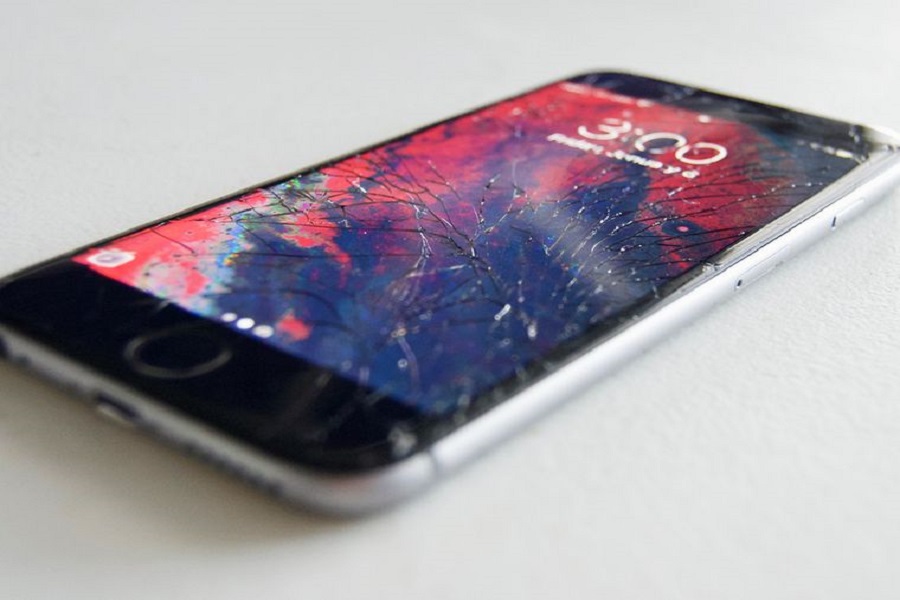Installing malware
One of the biggest misconceptions about smartphones is that you don’t have to worry about security with them nearly as much as you do with your computer. But that’s a myth, and downloading apps at random without doing your research is a
great way to end up with malware on your device.
Malware ends up on your phone via an app, so it’s in your best interest to avoid downloading apps from third-party stores or clicking download links on suspicious websites, even if they show the icon and name of an app you think you can trust.
Downloading an infected app is a great way to damage or even permanently ruin your phone, so your best bet is to only download apps from trusted sources, always be vigilant about what you’re downloading, and be careful about which apps you’re granting permissions, especially if you’ve rooted or jailbroken your phone.
2. Leaving your phone plugged in
Leaving your smartphone plugged in and charging all night isn’t great for the longevity of the device. It may not really be a problem to leave your phone plugged in for a couple of hours once it’s charged completely, since devices can limit the power being transferred to the battery once that battery is fully charged.
But there’s no benefit to continuing to charge your phone after the battery reaches 100%, and leaving the device plugged in for long periods of time can generate excess heat and damage your phone.
Another great way to damage your phone as you charge it? Leaving the device plugged in when it’s tucked under your pillow or even just sitting on top of your mattress. A smartphone heats up as it’s charging, and if you don’t place it somewhere where
that heat can dissipate, it can overheat.
3. Allowing your phone to overheat
Speaking of overheating, your phone doesn’t have to be plugged in for the device to get too hot. Whether
you’re reading the news on the beach or playing a game at your neighbor’s barbecue, it’s relatively easy for your phone to overheat in strong sunlight. Even leaving your phone on the table while you jump in the lake can be enough to make your phone overheat, and in some cases, a phone can get hot enough to shut down when left in direct sunlight, even in an air-conditioned room.
The problem there is that excessive heat can damage the battery. That’s never a good thing, particularly because most people want longer battery life out of their smartphones, not shorter times between charges.
Typically, a phone that overheats will shut itself off to prevent damage. But repeatedly pushing your phone to that point will likely do more harm than good, so shielding your phone from the sun, turning it off if you have to leave it in a hot car, and otherwise keeping your device at a comfortable temperature is a good idea to prevent accidental damage.
4. Keeping your phone on 24/7
Just like you turn your computer off when you aren’t using it, it’s a good idea to shut your phone down at
least occasionally to give it a rest. Leaving your phone on all the time burns through the life expectancy of its components more quickly than you would by shutting it off every once in a while.
Regularly shutting down your device, or even simply rebooting it, will help ensure that caches are cleared and that everything is running smoothly. Think of it as a well-deserved power nap for what may be the hardest-working device you use on a daily basis.


2 comments
Pls,tnx it’s really educating.
Hello. And Bye.